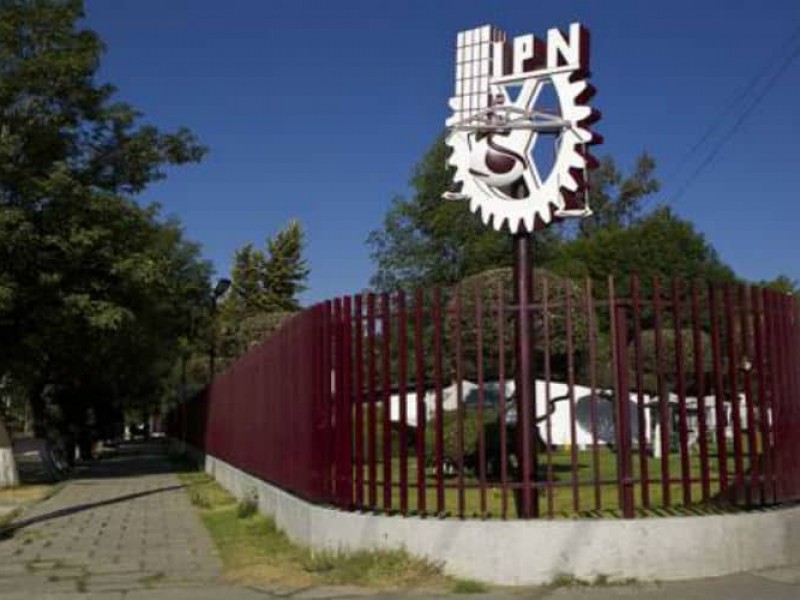Two female students from the Industrial Chemical Engineering department at the National Polytechnic Institute of Mexico (IPN) have developed a prototype meant to take advantage of blackwater effluents and polluted rivers to produce clean fuel through the use of a purifier and an electrolyzer.
The device can be either fixed or portable and is to be used in highly marginalized areas throughout the country, informed the IPN through a press release.
The device is called Gimfi, which means “dirty water” in Otomi. It is equipped with a filter that has cotton, sand, charcoal, marble, gravel, and tezontle (volcanic rock) layers meant to retain large solid materials and organic particles.
Furthermore, the filter is designed to eliminate foul smells and colors, according to the project developers Jeimmie Gabriela Espino Ramírez and Lisset Dayanira Neri Pérez.
Under the guidance of professor and investigator Martín Daniel Trejo Valdez, the students are aiming towards a functional hydrogen generation that can be used to fuel stoves and ovens.
“This type of purifier could technically generate its own fuel out of wastewater through the simple collection of water, regardless of its pollution levels,” they explained.
The students from the School of Chemical Engineering and Extractive Industries (ESIQIE) indicated that, in order to generate the hydrogen through electrolysis, they use electric power.
However, the necessary adjustments will be made to add a solar panel, turning Gimfi into a sustainable and low-cost prototype.
The students, both born in the state of Hidalgo, explained that, with samples collected at different areas of the state, such as Tetepango, Mixquiahuala, and Atitalaquia, among others, they introduced 900 milliliters of poluted water into a PET bottle to obtain a conspicuously cleaner fluid in 30 minutes time.
The liquid obtained through the filtering process is richer in minerals than the average drinkable water because it works as an effluent residue, which favors the electrolysis process conducted by the students to produce hydrogen while increasing the substance’s conductivity.
The female students spent three years developing the prototype, during which they studied the properties of polluted water and conducted several tests on the filtering materials, allowing them to establish an ideal order and amount of substrates to maximize the purifying effect.
Furthermore, they came up with an ergonomic design for the hydrolyzer to make it portable. The students haven’t ruled out the possibility of patenting their project in the following months.
Source: El Universal



